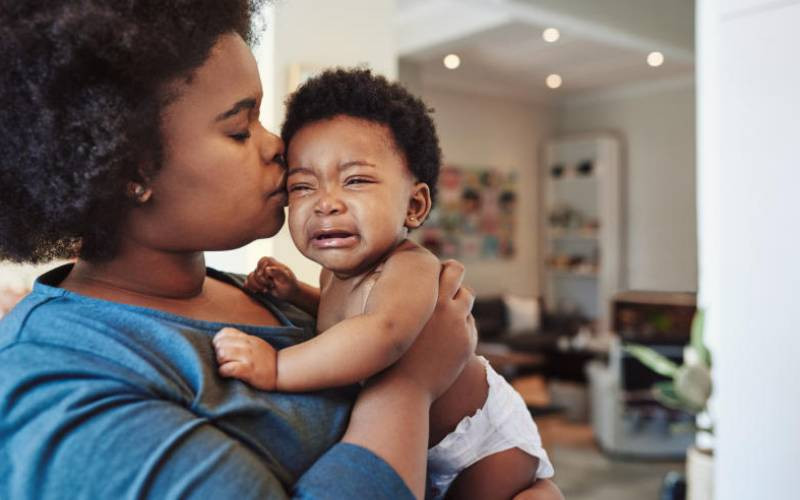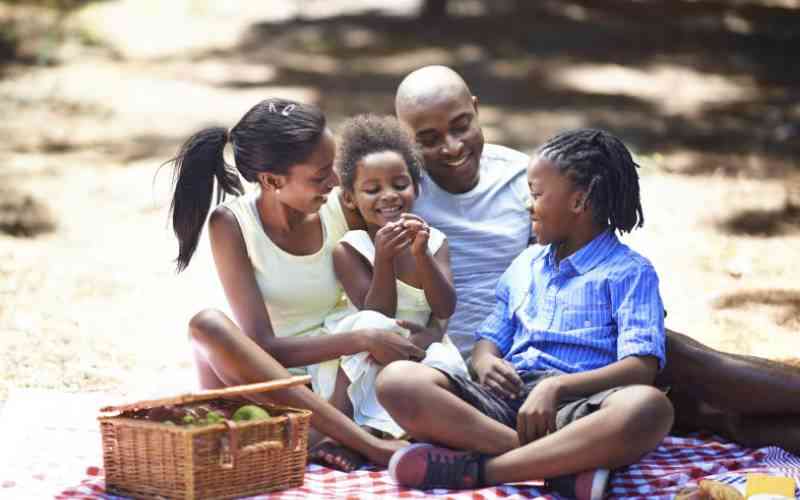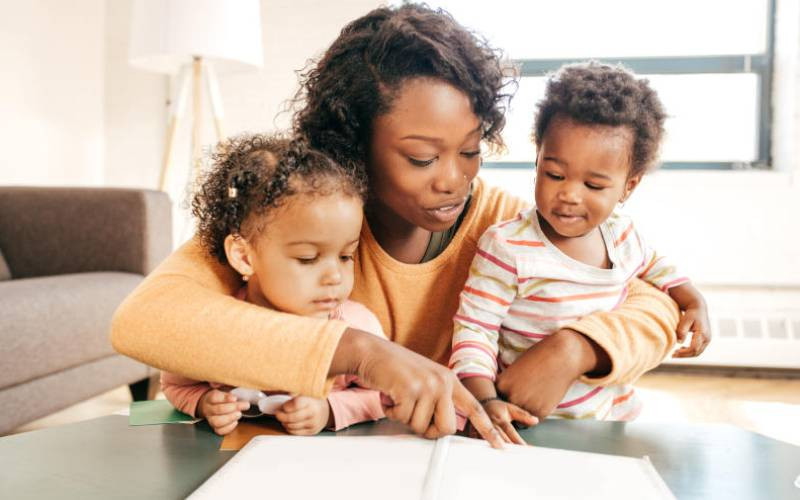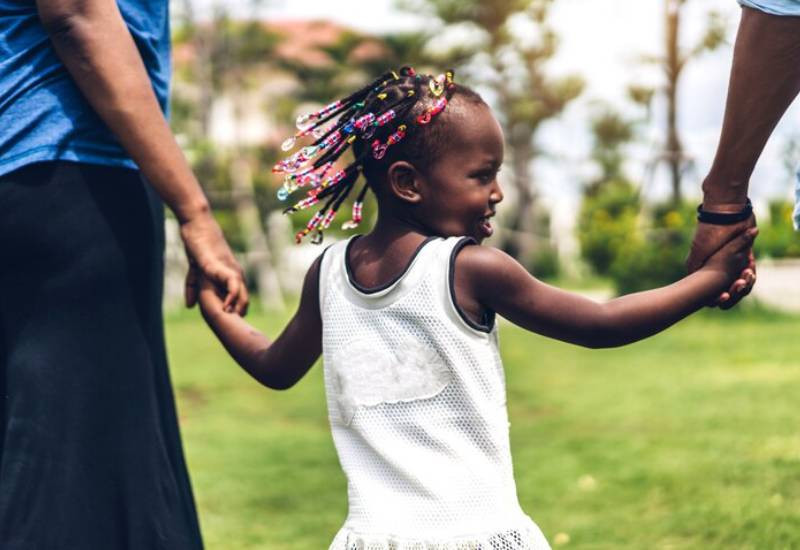 Peers serve many important roles in the life of a developing child. From toddlerhood through adolescence, peers serve to meet the child’s need for acceptance and belonging, writes JOHN MUTURI
Peers serve many important roles in the life of a developing child. From toddlerhood through adolescence, peers serve to meet the child’s need for acceptance and belonging, writes JOHN MUTURI
Parents are not the only ones who affect a child’s respect. Any person who spends long periods of time with her like a relative, neighbour, housemaid, teacher, brother or sister helps to determine her self-image.
Learning from others
About the age of six, when a child begins school, she is no longer totally dependent on the family. She then finds that children outside her home value certain qualities. Boys place importance on sports, strength and courage. Girls usually value their physical appearance and personality. Whether or not the child has these qualities affects how she feels about herself.
Tall, strong, well-coordinated Joyce will feel differently about herself than her friend Jane, who has a small, uncoordinated body. Jane feels that she can’t offer what her friends want and, therefore, she sees herself as having less worth than Joyce. Since all sports come easily to Joyce, other children vie to have her on their teams, and parents and teachers take pride in her achievements. Hence Joyce feels more adequate than does Jane.
A child reacts emotionally to her growth, energy, size, appearance, strength, intelligence, friendliness, skills and handicaps. She draws conclusions about herself partly from her comparison of herself with others and partly from how others respond to her. Each conclusion will add to or subtract from her feelings of self-worth. Her successes in any given area will carry more weight if they are in areas she personally feels are important.
Identity formation
A 12-year-old girl may be an accomplished pianist but a failure in netball. However, piano playing means little to her if her friends do not value it. Every activity that a child participates in gives her more information about herself. Clubs, sports, church groups, school and work all add to her collection of self-descriptions, and, hence, identity formation.
Even under the best of circumstances, people outside the family contribute to a youngster’s feelings of 'un-acceptance' but the more acceptance she finds from her family, the more rejection she can withstand from outside. Thus, although parents are not totally responsible for a child’s self-concept, they play a major role, because how they relate to their child during the early years at home sets the stage for her later success or failure.
Symptoms of rejection
Can you tell if your child feels rejected? Yes. Fear of failure and criticism will dominate a child’s emotions. Accusation and reproach will cause her to justify her existence by creating arguments for her own defence. Such fear and uncertainty exhaust a child emotionally and drain her physically.
Therefore, a rejected child exhibits certain signs or clues:
1. Lacks decision-making ability.
Hesitates to make even minor decisions.
Fear to try new things even when help is offered.
When asked to do something says, “I don’t know how.”
Will not ask for things she needs.
2. Withdrawal or retreat to fantasy.
Does not easily participate with others in games or activities.
Does not initiate contact with others.
Does not defend self by words or actions.
Is afraid to ask or answer questions.
Only answers direct questions.
Displays a cool or non-affectionate attitude.
Spends an abnormal amount of time watching television or reading.
Prefers make-believe friends to real friends.
3. Repeated deliberate misbehaviour.
Bites, hits, kicks and so forth excessively.
Habitually lies or steals.
Photo: gorgeoussingrey.com
 The Standard Group Plc is a multi-media organization with investments in media platforms spanning newspaper print
operations, television, radio broadcasting, digital and online services. The Standard Group is recognized as a
leading multi-media house in Kenya with a key influence in matters of national and international interest.
The Standard Group Plc is a multi-media organization with investments in media platforms spanning newspaper print
operations, television, radio broadcasting, digital and online services. The Standard Group is recognized as a
leading multi-media house in Kenya with a key influence in matters of national and international interest.










